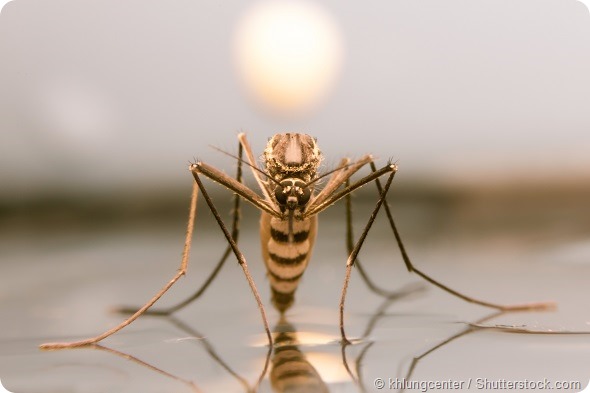Centers for Disease Control and Prevention (CDC) this week highlighted the risk of Zika infection in eleven Southeastern Asian countries and recommended that pregnant women avoid them wherever possible.

Following the epidemic in Brazil, Asia was identified as being at high risk of Zika virus transmission based on an analysis of climatic conditions and the propensity for travel.
Increased Zika activity has recently been observed in Brunei, Burma (Myanmar), Cambodia, Indonesia, Laos, Malaysia, Maldives, Philippines, Thailand, Timor-Leste (East Timor), and Vietnam.
The level of the risk for acquiring Zika virus infection in these countries has yet to be quantified but is expected to be lower than in those countries where Zika has been newly introduced.
Southeast Asian countries have experienced occasional cases or small outbreaks of Zika virus for many years. Consequently, many of the native population are likely to have built up natural immunity. However, people visiting these countries from elsewhere in the world may be at greater risk.
Zika virus causes severe brain abnormalities, such as microcephaly, in babies born to women infected with Zika during pregnancy. Even a low risk of Zika infection should therefore be avoided by women who are pregnant or who are planning to start a family.
These women should therefore seriously consider whether planned travel to Southeast Asia is essential. If visiting an infected area cannot be avoided, effective protection against mosquito bites should be used both day and night.
In addition care should be taken by travellers returning from affected areas of Southeast Asia. Individuals may be infected with the Zika virus yet show no symptoms.
To help stop the spread of Zika virus, travellers should use insect repellent for three weeks after travel to an infected area, in order to prevent local mosquitoes acquiring infected blood, and avoid unprotected sexual activity.
CDC recommends that pregnant women and women trying to become pregnant consider postponing nonessential travel Zika risk areas, including the eleven countries in Southeast Asia recently added to the list.
If travel to an area infected with the Zika virus is unavoidable, steps to prevent mosquito bites should be taken and condoms used throughout all sexual intercourse.
Further information provided by CDC can be found at http://wwwnc.cdc.gov/travel.
Source:
CDC News 29 September 2016.